Big, Bad, Bounced Check Clause
Q: A few of my tenants have given me rent checks that have bounced. Although I could have terminated their tenancies, I didn’t want to do that, given their otherwise good behavior.

A: Landlords typically charge tenants a “bounced check” fee, which should deter most tenants from casually writing a bad check.
In states that haven’t passed similar legislation, the recipient of a bounced check is limited by general principles of law: You may charge for your actual damages, which includes any bounced-check fee charged by the bank, plus the value of your time spent dealing with the matter.
In all states, writing a bad check is a civil wrong (for which the recipient may sue the check writer) and a criminal offense (which allows the prosecuting attorney to file charges). In both cases, states have set the damages (for the civil suit) and the penalties (for the criminal charge). These dollar amounts are higher than the amount a private person could legitimately charge without going to court.
This stands to reason: If the check recipient (or the prosecutor) has had to go to court, the amount of time spent on the matter has increased substantially. Practically speaking, however, you’re more interested in getting your money now rather than suing or prosecuting your tenants later. So, let’s focus on your right to charge a fee.
First, remember that you can charge only what your state allows or, in the absence of a statute, your actual damages. If you charge more, your fee has become a penalty, which a court will not uphold. “But my true damages aren’t large enough to effectively deter bad-check writing,” you say. Fair enough — let’s see what else you can legally do to protect your interests.
One effective approach, in addition to a legitimate bad-check fee, would be to require tenants to pay future rent, at least for a while, with a certified check after they’ve given you one bad check. Assuming this is legal in your state (California, for example, regulates when and how you can impose this condition), you’ll get the effect you want (deterring future bad-check writing) without running afoul of the law.
* Apply the policy to all tenant checks, not only those for rent. For example, it should apply to checks you receive for security deposits.
* Make sure that the policy kicks in when a check is rejected for any reason, not just for insufficient funds. For instance, if the tenant forgets to sign or date a check and you submit it without noticing, the check will be rejected and the bank will charge a fee, just as it would had there been insufficient funds.
* It should be clear that the bad-check fee is not your only remedy when a check is returned. You want to preserve your ability, for example, to send a termination notice for nonpayment of rent, if you so choose, instead of imposing a bad-check fee and agreeing to accept another check.
* Avoid using online forms to demand that the tenant make good on the check or face specified monetary consequences. Many of these forms require the tenant to pay the civil and criminal damages and penalties that are available only after the landlord or prosecutor has filed, and won, a lawsuit against the tenant. As explained, these consequences are vastly more serious than the amount a recipient can demand short of going to court, but the forms-writers haven’t made the distinction. If the tenant challenges your right to impose these damages and penalties, you’ll lose.
Make the cashier’s check policy run for several months, but not forever. After a few months of dealing with the hassle of obtaining a cashier’s check, most tenants will make very sure that their rent checks don’t bounce.
Janet Portman is an attorney and managing editor at Nolo. She specializes in landlord/tenant law and is co-author of “Every Landlord’s Legal Guide” and “Every Tenant’s Legal Guide.” She can be reached at [email protected].
Copyright 2009 Janet Portman
American Apartment Owners Association offers discounts on products and services for landlords related to your real estate investment including REAL ESTATE FORMS, tenant debt collection, tenant background checks, insurance and financing. Find out more at joinaaoa.
To subscribe to our blog, click here.


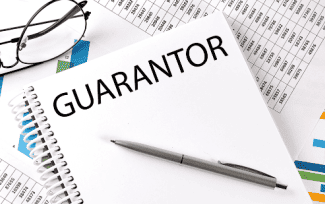
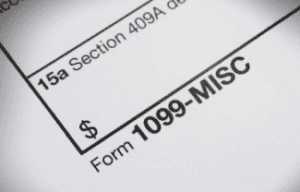
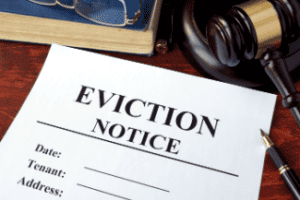

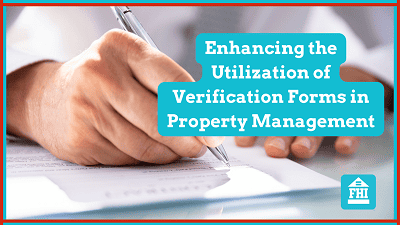
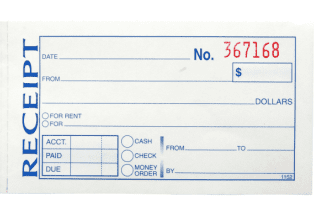







 Accessibility
Accessibility